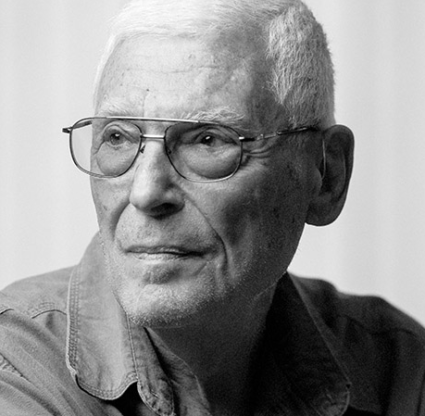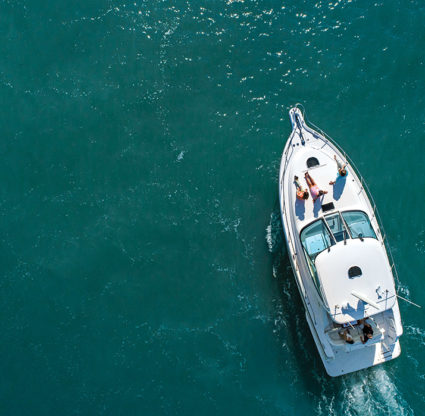Kids. kids. kids. you can say they’re truly the mission of our Naples Winter Wine Festival through its 15 years and $135 million raised for Collier County youngsters. And you must absolutely say the same for Maria Jimenez-Lara … and this goes back well before May 2015, when she became CEO of the Naples Children & Education Foundation (NCEF), running the festival and grants operations.
 This is a woman who during high school in Miami chose to help the teenagers others didn’t want to partner with. Who after college began working with gang kids and ended up starting a school for them from scratch. She’ll tell you about one of them, Ricardo, whom she first encountered as a seventh- grader struggling to read and acting out to the point of being suspended from school. “I tutored him and saw he had a gift for creating murals. I got him into a charter school to get support, to put him with an art teacher and team that would play to his strengths. He continued to struggle to do the right thing, but he did graduate. He’s now in California doing his art and I got a note from him saying, ‘I’m in LA helping kids like me.’”
This is a woman who during high school in Miami chose to help the teenagers others didn’t want to partner with. Who after college began working with gang kids and ended up starting a school for them from scratch. She’ll tell you about one of them, Ricardo, whom she first encountered as a seventh- grader struggling to read and acting out to the point of being suspended from school. “I tutored him and saw he had a gift for creating murals. I got him into a charter school to get support, to put him with an art teacher and team that would play to his strengths. He continued to struggle to do the right thing, but he did graduate. He’s now in California doing his art and I got a note from him saying, ‘I’m in LA helping kids like me.’”
Maria was born in Puerto Rico and moved to Miami when she was 5. Her mom’s job with the Redlands Christian Migrant Association (RCMA) was in early childhood care, and Maria was exposed to a lot of those concerns. She would go on to get two undergraduate degrees (psychology major) and a master’s from Hodges University in public administration, but that drive to help at-risk kids dictated what her life’s work would be.
She did create that school for the gang kids from migrant camps, starting with 60 sixth- through eighth-graders attending a portable facility, eventually building to 300 in a storefront location. Barbara Mainster, executive director of RCMA, heard of the school through Maria’s mom, came for a visit and declared, “You need to come to Immokalee to do this very same thing.” And so she did, starting in 1999, building one successful school in Immokalee and another in Wimauma in Hillsborough County. She’d had contact with NCEF people over the years when they asked for her help in implementing plans, and in 2012 the organization hired her as grant director. Now she’s the CEO and it’s the festival, grants, donors, sponsors and the community—all in the name of, yes, the kids.
And how’s it going? “Working with NAMI, the David Lawrence Center, FSU and the Healthcare Network,” she says, “we’re seeing successes with our mental health initiatives. Even things like having a psychologist available in each pediatrician’s office.” And, of course, there’s the ongoing process of learning what’s most effective. Maria cites areas of current concentration: (1) promoting early learning (the data they have supports that), (2) seeking public dollars (as from the state), (3) capturing the impact the dollars have on the community (like decreasing crime, increasing graduation rates) and (4) building bridges to community organizations (oral health and vision are the latest targets of opportunity).
Maria says she takes her inspiration from people like her husband, Jorge Lara, “the bravest person I know and a man who never quits.” Sure, as lieutenant fireman in Greater Naples he runs into burning buildings to save people and property, but Maria equally admires how he fought to get his fire department included in the merger of the Isles of Capri into the Greater Naples system. She says she took lessons from this kind of resolve during her early tough days in getting the school going in Immokalee. Other role models? During her RCMA days, she says she was impressed with such NCEF people as Ann Bain, Anne McNulty, Brian Cobb and John Scot Mueller for their strategic thinking and insistence on continuously improving.
She says she’s a big-picture person now and doesn’t get into the weeds enough, but when asked for memorable moments in her career, she tells the story of two sisters in and out of foster homes who were abused and neglected, then separated from each other. An investigation led to court, where the judge reunited them with an aunt who said she’d take them both. One sister wrote a note to the judge thanking him. The other made a drawing of the three of them going to the beach. “I’m so happy now,” she said. “I cried, but laughed at the drawing,” Maria says. “We found them counseling, tutoring, after-school programs.
“It’s been times like this that reaffirm I’m in the right place.” Sounds right for all concerned.





